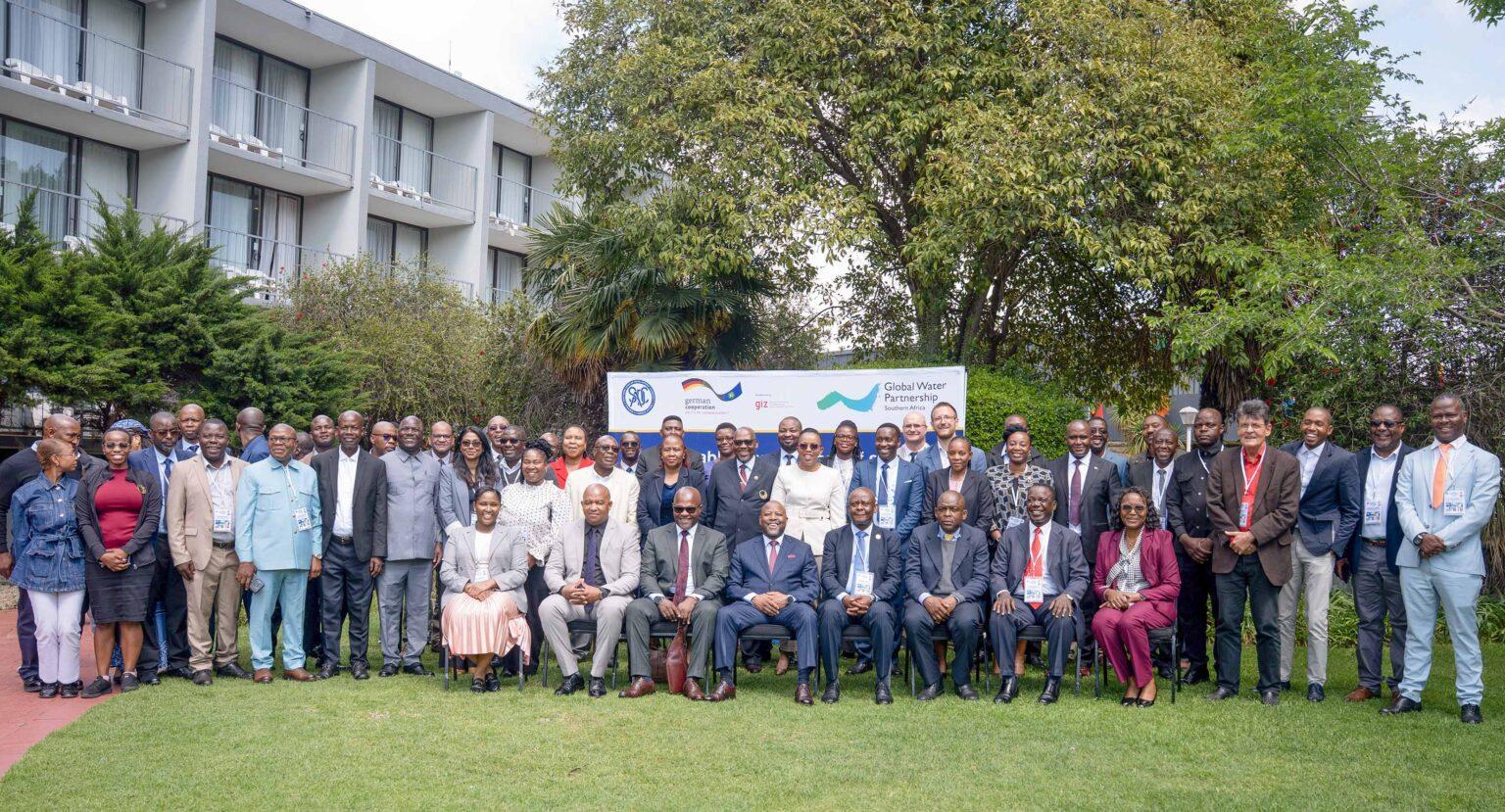Africa-Press – Botswana. The 11th Southern African Development Community (SADC) Multi-Stakeholder Water Dialogue took place in Maseru, Lesotho, from 29 to 30 September 2025, focusing on advancing water-related initiatives within the Water-Energy-Food-Ecosystems (WEFE) Nexus. The dialogue aimed to strengthen SADC’s new smart regional economic corridors, promoting integrated and sustainable development across the region.
Discussions centred on developing value propositions, enhancing water security, promoting regional value chains, designing investment plans, and creating roadmaps for corridor development. The dialogue highlighted the role of innovative and climate-resilient infrastructure in supporting trade and value chains, and the need for cross-sectoral partnerships in water, energy, agriculture, transport, and ICT to advance regional policies and investments.
Held under the theme “Water Security, Innovation, and Nexus Action: Watering and Enabling Regional Economic Development Corridors for Transformation in SADC,” the event emphasised moving beyond siloed planning and fully integrating the WEFE Nexus into regional strategies.
Honourable Mohlomi Moleko, Minister of Natural Resources of the Kingdom of Lesotho, noted SADC’s ongoing commitment to fostering regional integration and inclusive development through shared water resources. He stressed that water underpins economic growth in agriculture and industry, ensures public health through safe drinking water and sanitation, and strengthens cooperation on shared resources. Moleko highlighted that without water, the region cannot achieve inclusive growth, food and energy security, or sustainable industrial transformation. He called for water to be central to planning and investment as both a trade enabler and a lifeline for resilience.
Dr. Patrice Kabeya, Senior Programmes Officer for Water at the SADC Secretariat, presented data showing that only 63% of the regional population has access to water and 37% to sanitation, below the 2030 target of 80%. Dam storage capacity currently accounts for 18% of annual renewable water resources. On energy, electricity access improved from 48% in 2019 to 56% in 2024, still below the 85% target, with renewable energy representing 35% of the regional energy mix. Dr. Kabeya stressed the need to accelerate the development of regional economic corridors through deeper WEFE Nexus integration and the mainstreaming of transport, ICT, climate, and disaster risk reduction to strengthen resilience.
Ms. Simone Goertz, Head of Economic and Development Cooperation at the German Embassy in Botswana, highlighted Germany’s two-decade partnership with SADC through the GIZ-supported Transboundary Water Management Project. She said the collaboration had enhanced institutional capacity, infrastructure development, climate resilience, and regional cooperation, enabling SADC to better integrate water, energy, and food management under the WEFE Nexus.
Other speakers, including Ms. Anna Renieri from the European Union Delegation to Lesotho, Mr. Andrew Takawira of the Global Water Partnership Southern Africa, and Ms. Relebohile Lebeta, Principal Secretary for Lesotho’s Ministry of Natural Resources, emphasised water’s role in safeguarding ecosystems, supporting livelihoods, and enabling economic corridor development. They also stressed strengthening partnerships with River Basin Organisations, improving institutional linkages, and mobilising financing for the water sector.
Dialogue sessions covered policy alignment, corridor development strategies, climate-resilient water infrastructure, financing Nexus-based investments, and promoting inclusive and sustainable regional growth.
The Dialogue was convened in partnership with the Government of Lesotho and supported by Germany through the SADC-German Transboundary Water Management Project. It brought together policymakers, water practitioners, private and public sector representatives, and youth and gender groups to discuss strategies for regional integration, sustainable development, and inclusive economic growth, highlighting the critical role of water and the WEFE Nexus in smart regional economic corridors.
For More News And Analysis About Botswana Follow Africa-Press






